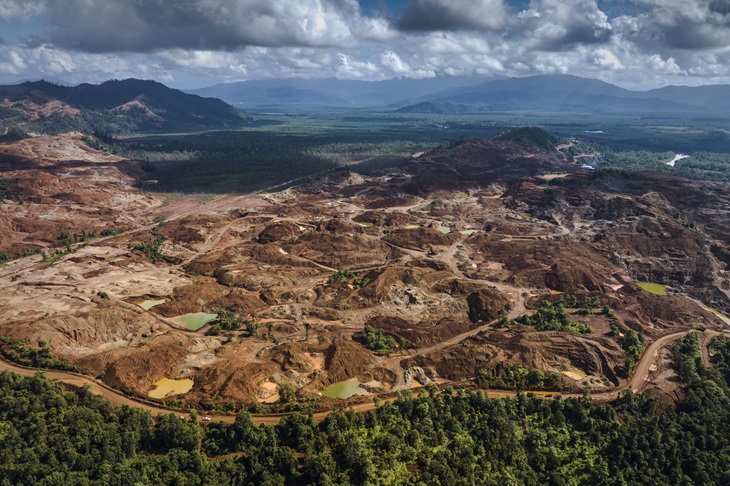In 2020, Elon Musk issued a plea, ‘Please mine more nickel. Tesla will give you a giant contract for a long period of time if you mine nickel efficiently and in an environmentally sensitive way.’
It was understandable. About 50 kilograms of nickel goes into each Tesla battery, and electric vehicle demand was expected to sky-rocket.
But at a time when nickel prices are tumbling, and miners are threatening to mothball their operations due to a massive oversupply, Musk’s sentiment seems a lifetime away.
The landscape has shifted dramatically with the advent of new technology that favours Indonesian nickel.
The development of a method...
Already a subscriber? Log in
Subscribe for just $2 a week
Try a month of The Spectator Australia absolutely free and without commitment. Not only that but – if you choose to continue – you’ll pay just $2 a week for your first year.
- Unlimited access to spectator.com.au and app
- The weekly edition on the Spectator Australia app
- Spectator podcasts and newsletters
- Full access to spectator.co.uk


























Comments
Don't miss out
Join the conversation with other Spectator Australia readers. Subscribe to leave a comment.
SUBSCRIBEAlready a subscriber? Log in